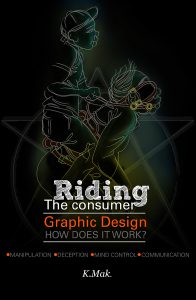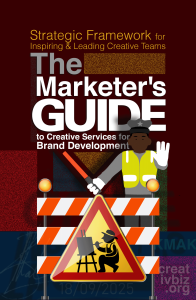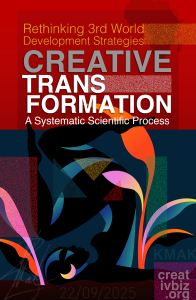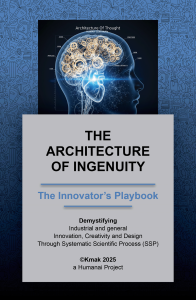
Our Purpose
Securing Human Relevance. Driving National Progress.
In an era defined by the collaboration between human and artificial intelligence, our most vital mission is to secure our unique human relevance. The Creative Business Institute (CBI) is a specialised centre of excellence established to meet this challenge head-on. We are dedicated to cultivating the core human competencies that technology cannot replicate: advanced cognition, creativity, and innovation.
Our purpose is to transform creativity from an abstract talent into a decisive, practical skill—a tool that can be learned, honed, and intentionally applied to solve real-world problems and drive tangible development.
Read more...
The Challenge: A Critical Missing Link
As Zimbabwe charts its course towards becoming a prosperous, upper-middle-income society by 2030, in line with the African Union’s Agenda 2063, a critical gap becomes apparent. The realisation of these national and continental ambitions requires a new generation of leaders, entrepreneurs, and problem-solvers. It requires graduates who are not only intellectually capable but who can expertly apply their knowledge to invent, innovate, and build the industries of the future.
This is the missing link in our educational landscape. To bridge the gap between consumptive and industrialised economies, we must systematically enhance our creative and innovative capacity across every sector.
Our Solution: The CBI Method
At the heart of the Creative Business Institute is our proprietary Systematic, Scientific Process (SSP). We believe that creativity and innovation are not mysterious arts, but disciplines that can be taught and mastered through a rigorous, evidence-based methodology.
Our curriculum is grounded in the proven fields of Cognitive Psychology and Neuroscience and equips our students with powerful, world-renowned innovation frameworks, including TRIZ, Creative Problem-Solving (CPS), and Design Thinking. Students learn not just the theory, but the practical techniques to generate novel ideas, develop inventions, and implement innovative solutions with precision and purpose.
This process is dynamic, continually evolving through CBI’s own dedicated research and development programmes to remain at the cutting edge of applied creativity.
Our Strategic Impact: Powering Zimbabwe’s Vision
The Creative Business Institute is strategically aligned with the key frameworks shaping our future. Our work is a direct response to the demands of:
Zimbabwe’s National Development Strategies (NDS1 & NDS2)
The African Union’s Agenda 2063
The United Nations’ Agenda 2030
Industry 5.0 & Education 5.0
These ambitious initiatives all share a common requirement for their success: a highly developed creative and innovative intellect across the workforce. CBI is the engine designed to produce this essential human capital, making us a vital partner in the realisation of our collective national and continental goals.
Our Learning Model: Modern, Flexible, and Accessible
CBI operates on a sophisticated hybrid model, blending the best of traditional, in-person learning with a robust digital platform. This blended approach offers our students a flexible and enriched educational experience while allowing the Institute to scale its impact regionally and globally with efficiency and purpose.
We are building a centre of learning without walls, designed for the innovators of tomorrow.
VISION
To be a leading development centre for the continuation of Human relevance in the age of AI and beyond, fostering the uniquely human competencies of Cognition, Creativity, and Innovation.
MISSION
We cultivate generative minds for industrial, economic, and social development in Zimbabwe and the Region, strengthening the cognitive and intuitive advantages that allow people to thrive in a Human-AI collaborative environment and enable the application of systematic, scientific principles of creativity and innovation.
KEY OBJECTIVE
To provide a solution that will assist in enabling the realisation of Zimbabwe and Africa’s industrialisation ambitions by and beyond 2063; in line with Agenda 2063 – The Africa We Want and Industry 5.0.
OUR APPROACH
Our curriculum is built on a foundation of applied learning. We provide a comprehensive educational experience that combines rigorous academic knowledge with practical industry exposure, preparing our students to become the innovative leaders and creative problem-solvers of tomorrow.







